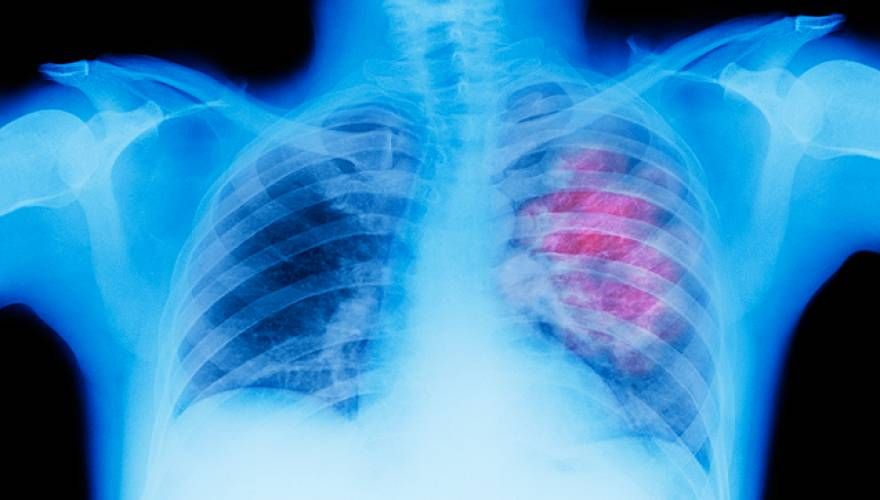Medicare advantage plans are required to cover lung cancer screenings without applying deductibles copayments or coinsurance when you see an in network provider and meet medicare s eligibility requirements for the service.
Is lung cancer screening covered by medicare.
Must be between 55 77.
Medicare has decided that there is sufficient evidence to cover annual low dose ct lung cancer screening coverage among medicare beneficiaries considered high risk.
During the course of your screening your provider may discover and need to investigate or treat a new or existing problem.
You re either a current smoker or have quit smoking within the last 15 years.
Your doctor can let you know if medicare covers the.
Are a current smoker or have quit within the last 15 years.
Tobacco smoking history of at least 30 pack years pack years are calculated by multiplying the number of packs smoked.
Between the ages of 55 77.
Have a 30 pack year history of smoking this means 1 pack a day for 30 years 2 packs a day for 15 years etc.
To be eligible for a yearly lung cancer screening with no out of pocket expenses a person.
Check with your health insurance provider to be sure lung cancer screening is covered under your plan.
And have no signs or symptoms of lung cancer.
The era of lung cancer screening begins with randomized trial evidence but the potential for uncontrolled growth and net harm remains.
For people on medicare the centers for medicare and medicaid services covers lung cancer screening for people 55 to 77 with a 30 pack year history of smoking who are either current smokers or who have quit smoking in the last 15 years.
If medicare covers lung cancer screening it must require routine reporting of recruitment screening diagnosis and treatment of lung cancer from every screening site.
No current signs or symptoms of lung cancer.
Medicare part b medical insurance covers lung cancer screenings with low dose computed tomography ldct once each year if you meet all of these conditions.
Lung cancer screening your first step is to talk with your doctor about your individual cancer risk and any screening tests you may need.










